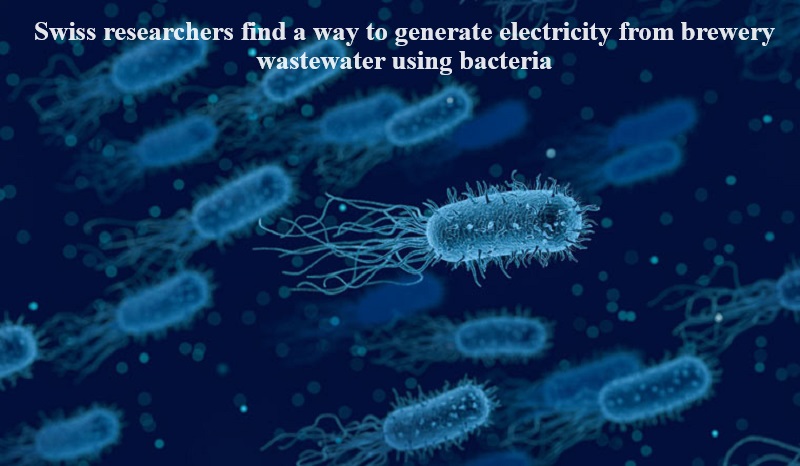
Swiss researchers have achieved a breakthrough in generating electricity from brewery wastewater using engineered bacteria known as ‘Escherichia coli’ or E. coli. A team of scientists at the Swiss Federal Institute of Technology Lausanne (EPFL) modified the genome of E. coli to include instructions for protein complexes found in Shewanella oneidensis, a well-known bacteria capable of generating electricity. This genetic engineering increased E. coli’s electro-activity twofold.
Unlike some other microbes that require specific elements to produce electricity, the engineered E. coli can generate electricity in various environments, making it highly versatile and practical for widespread use. While these experiments were conducted in a laboratory setting, the researchers are optimistic about its potential for industrial applications, particularly in treating wastewater from breweries.
Breweries must treat the water used in cleaning processes, which contains a complex mixture of sugars, starches, alcohols, and yeast. If left untreated, this wastewater can lead to undesirable microbial growth. The modified E. coli efficiently consumed this brewery wastewater sample in just 50 hours during experiments conducted by the research team.
According to senior author and chemical engineer Ardemis Boghossian, while E. coli generates electricity at a slightly slower rate than Shewanella oneidensis, it offers significant advantages for industrial wastewater treatment. E. coli’s ability to adapt to various environments and its effectiveness in consuming complex wastewater make it a promising option for treating industrial effluents.
This development highlights the potential for engineered E. coli in wastewater treatment processes, offering a sustainable way to both clean industrial wastewater and generate electricity simultaneously. Although it is still essential to test its performance in real-world industrial settings, this research presents an innovative solution to address wastewater treatment challenges in various industries, including brewing.

Post Your Comments